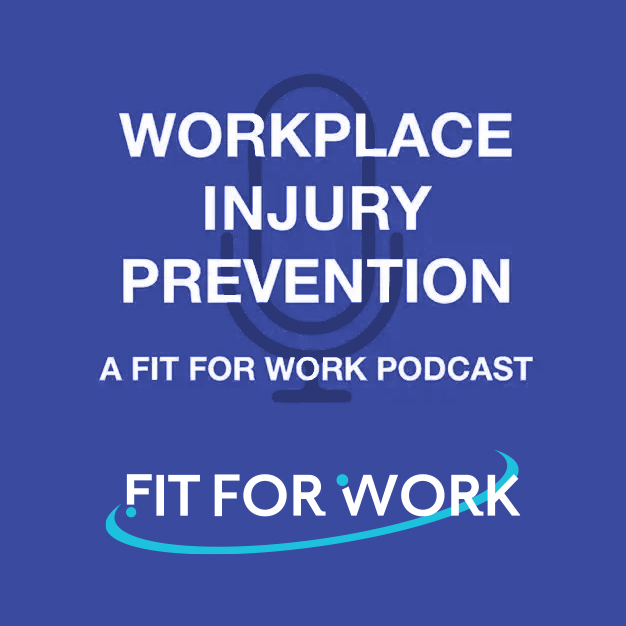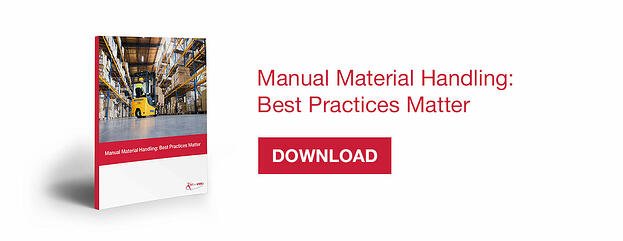Post-offer employment testing , also known as physical abilities testing, gives employers the ability to ensure candidates are physically capable of performing the essential functions of a job. This is not a new concept, but some organizations avoid this type of testing due to the fear of being sued for discrimination. Case in point, just last month an organization paid $3.2 million as part of a lawsuit settlement as a result of a discrimination lawsuit filed against them by the U.S. Equal Employment Opportunity Commission (EEOC). This can easily be avoided, though. In the above example, the EEOC contended the employer’s physical abilities testing program discriminated against female workers. The basis of the lawsuit filed by the EEOC was the employer did not conduct a proper, scientific analysis of the jobs tested and the tests utilized were not specific to the jobs tested. This demonstrates the importance of constructing a solid foundation to build post-offer employment on… a valid physical demands analysis. A valid physical demands analysis will accurately and objectively quantify the physical demands of the essential functions of the job. This will include the material handling duties (weight/forces to be lifted, carried, and/or pushed/pulled), the body positions the employee will be in throughout the day, environmental factors the employee will be working in, as well as any tools/equipment the employee will utilize as part of the job. The information provided by the physical demands analysis is then used to develop the job-specific tasks that will be included in the post-offer employment/physical abilities test. Post-offer employment/physical abilities testing is a great tool for organizations looking to hire job candidates physically capable of performing the essential functions of the job. This benefits the potential employee, as well as the employer. The employer would like to avoid hiring their next injury. And certainly the job candidate would not want to be placed in a job they can’t physically perform. Properly trained/educated professionals, such as board-certified professional ergonomists, can conduct a comprehensive physical demands analysis with job-specific tasks taken directly from this analysis. This helps create a test that will be ADA/EEOC compliant and alleviate any legal concerns regarding post-offer employment/physical abilities testing. 
The Foundational Piece of EEOC—Compliant Post-Offer Employment Testing





